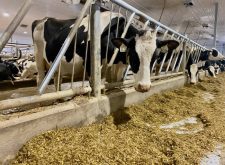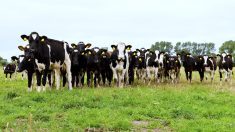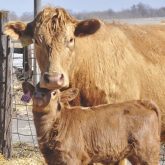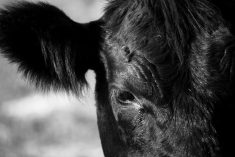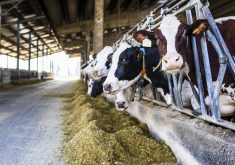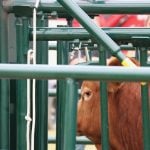Tasnime Touil, a doctoral student at Laval University in Quebec, is developing an artificial intelligence tool using infrared spectroscopy to predict ruminal pH and subclinical acidosis in dairy cows.
“Ruminal pH can be an indicator of the cow’s rumen health and performance,” she said. “When it drops below 5.8 for 300 minutes or more, it can lead to subclinical ruminal acidosis, a difficult-to-detect disease.”
Animals with subclinical ruminal acidosis can experience various side effects, including reduced fertility, decreased milk production and fat content, decreased mobility, digestive disorders, mortality risks and drops in appetite, rumination and feed efficiency.
Read Also
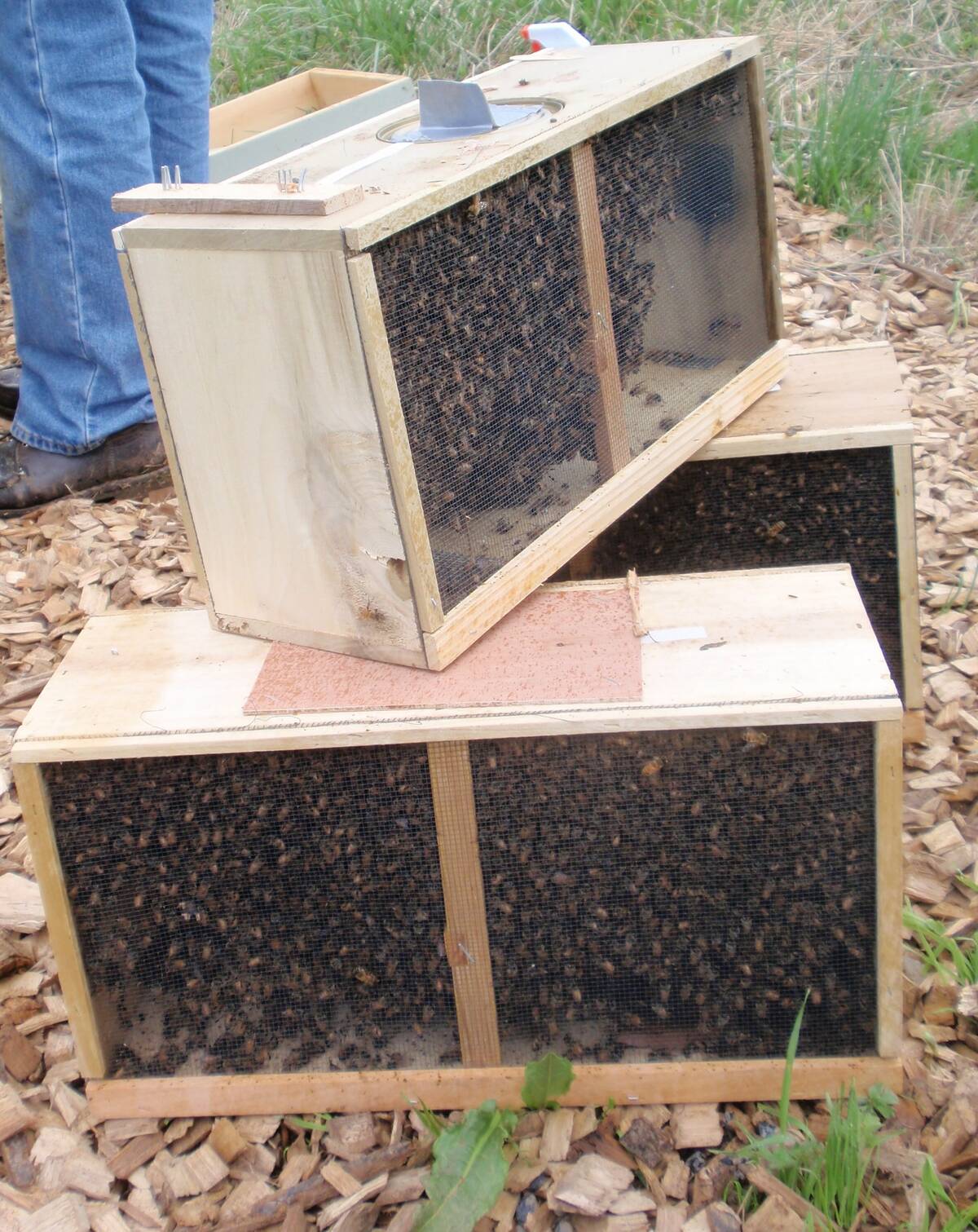
Canadian beekeepers call for regulatory accountability
Beekeepers say the Canadian Food Inspection Agency should restore U.S. packaged bee shipments, claiming the agency isn’t following evidence.
“These negative effects on cow health are associated with monetary losses for the dairy industry,” Touil said.
A commercially available bolus, which is a sensor inserted into the cow’s rumen, continuously measures ruminal pH and wirelessly transmits data. While painless for the animal, it is expensive and impractical for large herd producers.
This inspired Touil to validate a technique referred to as Fourier-transform infrared spectroscopy (FTIR) to predict cows’ ruminal pH.
It’s a tool that labs use when they need to know the makeup or get a handle on the chemical traits of a substance. The technique exposes a sample to infrared radiation and then measures vibrational changes as different molecules within the sample absorb and react differently to that radiation.
As part of her research, boluses were used to continuously monitor the ruminal pH of 107 Holstein cows selected from 12 commercial farms in Quebec over a 90-day period. Simultaneously, 2,040 samples of milk were collected and analyzed to obtain FTIR spectra at Lactanet’s laboratory.
The results show ruminal pH and subclinical ruminal acidosis can be detected from a milk sample by combining artificial intelligence with FTIR spectroscopy.
Touil hopes the research project can enable producers to identify, for example, which female lineage is in good health with normal pH and no signs of subclinical ruminal acidosis.
Computing power
Before pursuing doctoral studies in artificial intelligence at Laval University, Touil studied computer science in Tunisia and was a software engineer. She said it was natural to apply her knowledge in artificial intelligence to the dairy production industry.
“I became interested in artificial intelligence as a specialty. It’s very fascinating, and it’s truly the future,” she said.
“I also have a great passion for animal science, everything related to health, medicine and biology. You know, animals and humans are interconnected. We drink cow’s milk.”



